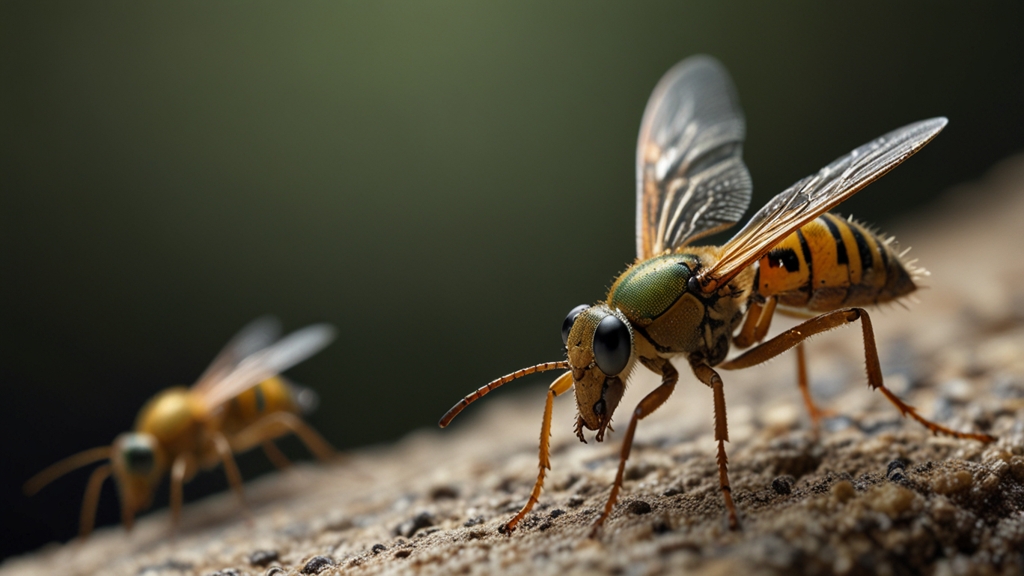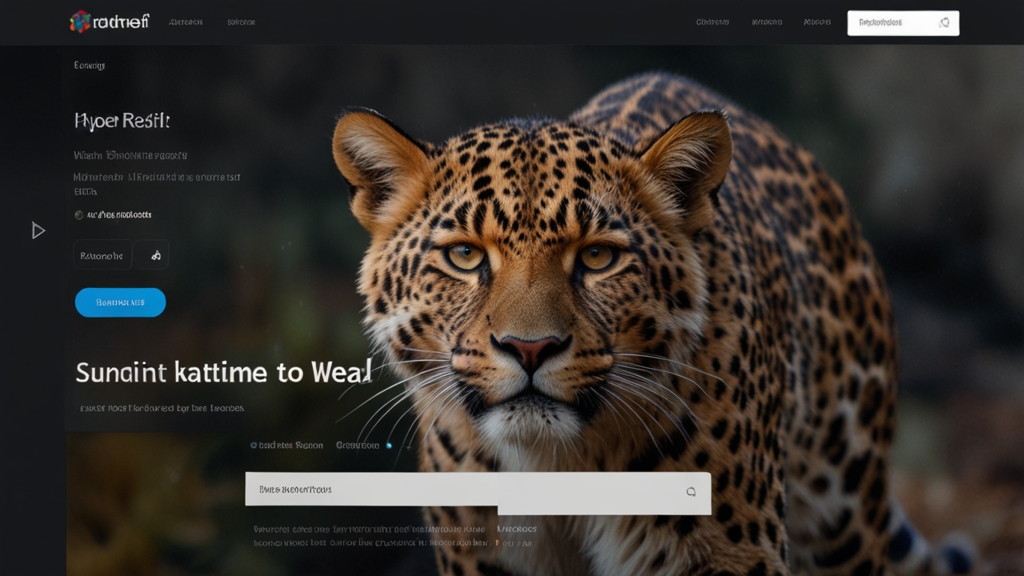The Power of Education: Inspiring the Next Generation of Conservationists
Education holds a paramount place in our society, acting as the cornerstone for personal development, societal growth, and fostering a more sustainable future. One of the most potent outcomes of education is its ability to inspire and empower individuals to take up causes greater than themselves. Among these causes, environmental conservation stands out as a critical need of our time. The power of education in inspiring the next generation of conservationists is profound and multifaceted, addressing both the heart and mind to engender a lasting impact.
Understanding Conservation Through Knowledge
Education imparts the necessary knowledge required to understand the complexities of our ecosystems, wildlife, and the pressing environmental challenges we face. It builds a foundation, allowing individuals to grasp the intricate relationships within nature and recognize the significance of biodiversity. Structured academic programs, workshops, seminars, and experiential learning opportunities expose students to various conservation-related topics, including climate change, deforestation, water resource management, and wildlife protection.
"The environment is where we all meet; where we all have a mutual interest; it is the one thing all of us share." — Lady Bird Johnson
By delving deep into these subjects, students can appreciate the interdependencies that bind the natural world, making the abstract notion of conservation more tangible and actionable. This understanding transforms passive observers into informed and proactive advocates for the environment.
Fostering Empathy for the Natural World
Beyond knowledge, education instills empathy and a sense of stewardship for the natural world. Whether through storytelling, immersive nature experiences, or community involvement projects, students develop a profound connection with the environment. Programs that include outdoor activities, such as tree planting, wildlife monitoring, or visits to natural reserves, allow students to witness firsthand the beauty and fragility of nature.
This emotional connection is crucial. It engenders a sense of responsibility and urgency in young minds, compelling them to act. When students understand the emotional and ethical dimensions of conservation, they are more likely to pursue careers and lifestyles that promote and protect environmental integrity.
"In the end, we will conserve only what we love; we will love only what we understand, and we will understand only what we are taught." — Baba Dioum
Empowering Action Through Skills and Opportunities
Education not only informs and inspires but also empowers action. Conservation requires a diverse set of skills, including scientific research, policy-making, community organizing, and environmental education. Academic institutions and conservation organizations play a key role in equipping students with these competencies. Collaborative projects, internships, volunteer programs, and mentorship opportunities provide practical experiences that prepare students for real-world challenges.
Moreover, education platforms that encourage innovation and critical thinking can lead to the development of new technologies and strategies for conservation. By fostering a problem-solving mindset, educational programs help students conceive novel solutions to environmental issues, thus contributing to the broader conservation movement.
Building a Global Community of Conservationists
Education also builds communities—networks of like-minded individuals committed to a common cause. This sense of community is empowering; it creates a support system where ideas, resources, and encouragement are exchanged freely. Educational institutions can serve as hubs for conservation initiatives, providing a space for collaboration among students, faculty, and external stakeholders.
Globalization and digital connectivity further amplify this effect, allowing for international cooperation and idea exchange. Online courses, virtual seminars, and social media platforms enable students from different parts of the world to learn from each other, share success stories, and collaborate on global conservation projects.
"Never doubt that a small group of thoughtful, committed citizens can change the world; indeed, it's the only thing that ever has." — Margaret Mead
The Long-Term Impact
The ultimate goal of education in conservation is to cultivate a generation that is not just knowledgeable and skilled but also passionately committed to preserving our planet. These future conservationists will influence policies, lead innovative research, and inspire communities. Their collective efforts can reverse environmental degradation and chart a sustainable path forward.
In conclusion, the power of education in inspiring the next generation of conservationists cannot be understated. It provides the knowledge, emotional connection, skills, and community support necessary to drive meaningful change. As we invest in education, we invest in a future where conservation is not just a necessity but a shared value embraced by all.














